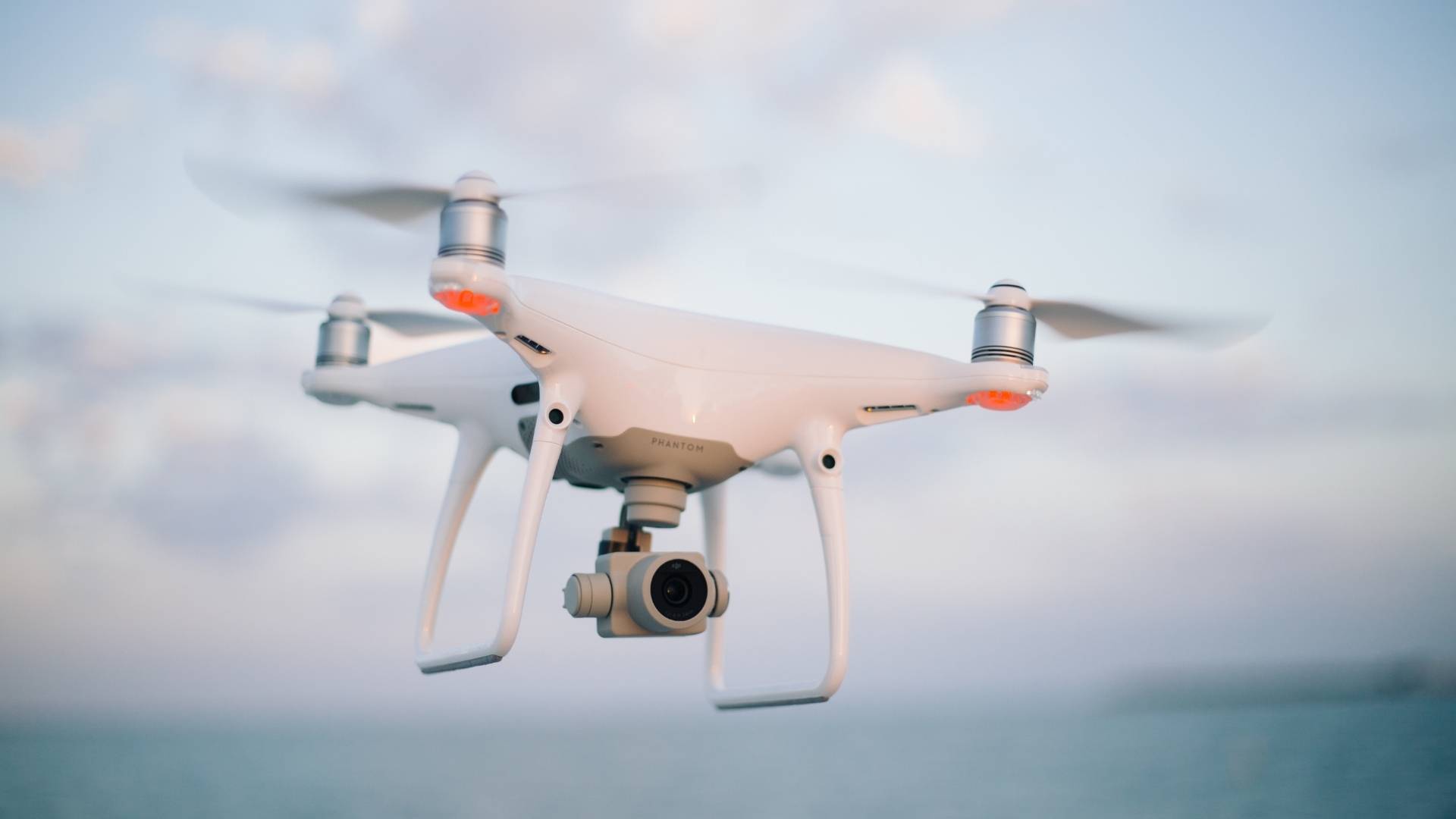How Technology and Data Are Revolutionizing Drone Insurance

Advances in data and technology may herald a step-change in commercial insurance, Antton Peña and Rayno Mostert from drone insurance company Flock argue in this week’s podcast
From self-driving cars to drone deliveries, practical applications for advanced autonomous vehicles are rapidly increasing around the world. Innovation is at the core of Flock Founder Antton Peña’s mission to reinvent drone insurance, as he explains in this week’s episode of the Business of Data podcast,
“It’s no longer simply about entering a few input fields and getting a price,” Peña says. “It’s about understanding how the technology you have got changes risk and about how [that technology] will change risk in the future.”
Drones are now delivering tests and medical supplies in the UK and around the world. This new application of drone technology has only become more urgent in the wake of the global pandemic.
“There has been a big push to use this technology,” explains Peña. “Things like drug delivery tests for the NHS that have been done by drone.”
Central to Flock’s innovative approach to drone insurance is a fresh take on how to appropriately assess risk in the absence of relevant historical data. The company’s approach has been to develop a simulation-like approach that accounts for a vast number of factors to quantify the probability of a crash.
"If you don’t have historical claims data you need something more granular, something that models the risk from the ground up,” explains Flock Actuarial Data Scientist Rayno Mostert.
As well as innovating in technology Flock is leading the field in use-based insurance plans. Mostert believes that the pandemic has highlighted the need for the insurance industry to account for use in the way it bills its clients.
“We’ve seen in the past few months motor insurers refunding clients due to reduced exposure, Mostert concludes. “I see that essentially as recognition that the [insurance] industry says the way to fairly price insurance is by looking at how much your customer is using.”
Key Takeaways
- With new applications come new challenges. As autonomous vehicles increase in number around the globe so will the need to find innovative approaches to regulation
- Innovating requires educating. It is not enough to build sophisticated technology; you need to educate your partners and your customers on the benefits too
- The insurance of the future accounts for use. The pandemic has prevented many businesses from operating commercially – is it time for a new approach to insurance payments?



